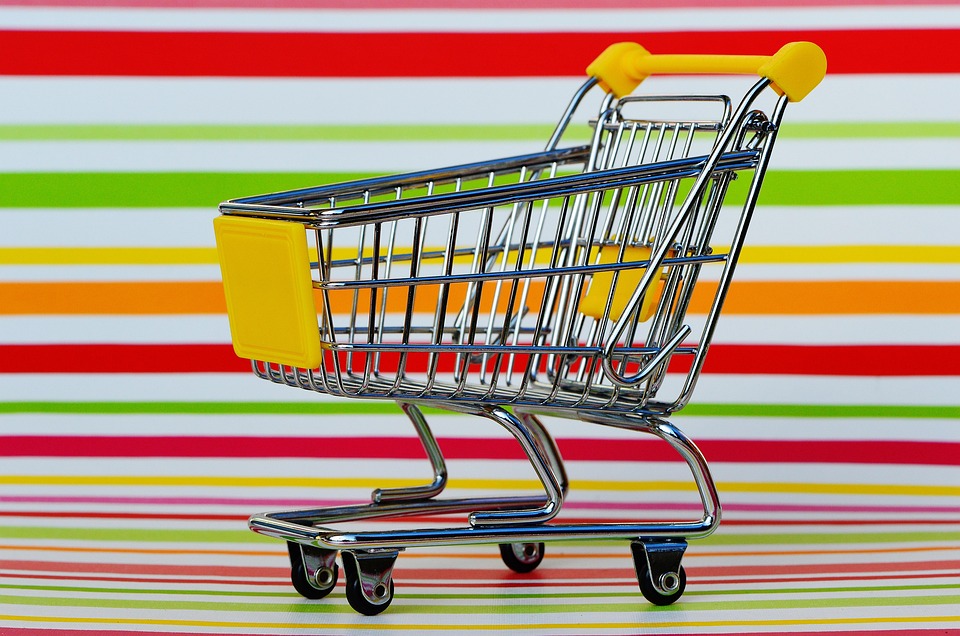In a world grappling with environmental challenges, the choices we make as consumers have never been more important. Sustainable shopping is not just a trend—it’s a necessity for preserving our planet for future generations. By making mindful decisions about what we buy, how we shop, and the companies we support, we can collectively reduce our environmental footprint and promote a healthier planet. Here’s how your shopping list can make a difference.
Understanding Sustainable Shopping
Sustainable shopping involves purchasing products that have minimal negative impacts on the environment. This can include items that are made from sustainable materials, produced using ethical labor practices, and designed to last a long time. It’s about being conscious of the entire supply chain, from raw material extraction to product disposal.
Why Your Shopping List Matters
-
Reducing Waste: One of the key principles of sustainable shopping is to minimize waste. By choosing items with little to no packaging or that can be reused and recycled, you decrease the amount of waste that ends up in landfills.
-
Supporting Ethical Brands: Your shopping list can reflect your values. By prioritizing brands that uphold ethical labor practices, invest in sustainable sourcing, and contribute to community development, you are supporting businesses that are part of the solution rather than the problem.
-
Conserving Resources: Opting for products that are energy-efficient or made from recycled materials helps conserve natural resources. When you choose products designed to last longer or that use renewable resources, you reduce the demand for new materials and lessen the strain on ecosystems.
- Promoting Local Economies: Sustainable shopping often involves purchasing from local producers. This not only reduces the carbon footprint associated with transportation but also supports local economies and fosters community well-being.
Tips for Creating a Sustainable Shopping List
-
Plan Before You Shop: A well-thought-out shopping list helps to curb impulsive purchases, which often lead to waste. Identify your needs, prioritize sustainable options, and stick to your list to avoid buying unnecessary items.
-
Choose Quality Over Quantity: Invest in fewer, high-quality items that will last longer. This might mean spending a little more upfront, but in the long run, it saves money and reduces waste.
-
Consider Second-Hand Options: Thrift stores, consignment shops, and online marketplaces offer opportunities to buy second-hand items. This reduces the demand for new products and extends the life of existing goods.
-
Focus on Local and Seasonal Produce: When shopping for food, prioritize local and seasonal items. These products typically require less transportation and often come from sustainable farming practices.
-
Read Labels Mindfully: Look for certifications that indicate sustainability, such as Fair Trade, organic, or environmentally friendly. Familiarize yourself with brands that align with your values and consider their overall impact.
- Utilize Reusable Bags and Containers: Always carry reusable shopping bags and containers to avoid single-use plastics. This small change can significantly reduce the amount of waste produced.
The Ripple Effect of Your Choices
When you make sustainable choices, you inspire others to do the same. Social media platforms and community groups are powerful tools for sharing sustainable shopping practices and the positive impacts they can have on the environment. As more people embrace and advocate for sustainable shopping, the collective effect can lead to shifts in market trends, pushing more companies to adopt eco-friendly practices.
Conclusion
Sustainable shopping is more than just a personal choice—it’s a movement towards a more sustainable future. By being intentional about what you buy and how you shop, you can contribute to the well-being of our planet. Your shopping list is a powerful tool; let it reflect your commitment to sustainability and inspire others to join in the cause. Together, let’s make every purchase count towards a healthier, more sustainable world.



